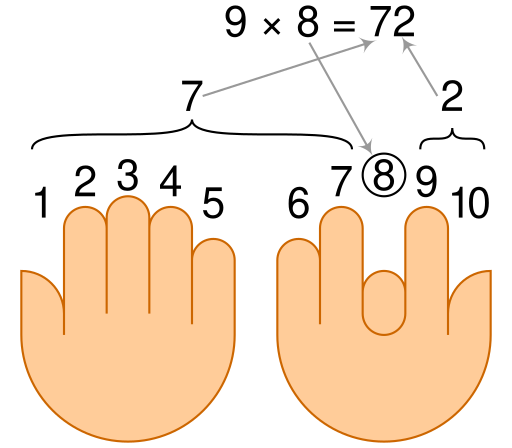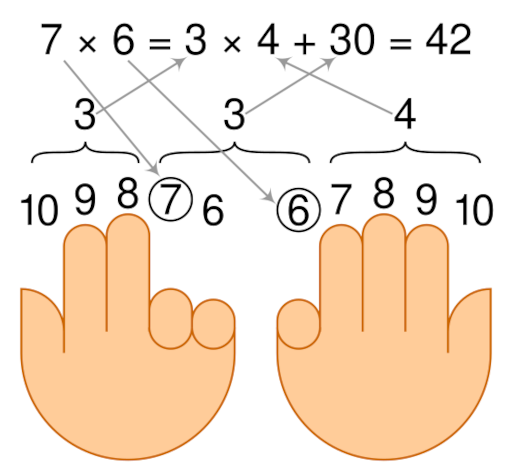An episode from P.T. Barnum’s childhood in Bethel, Connecticut:
‘What is the price of razor strops?’ inquired my grandfather of a peddler, whose wagon, loaded with Yankee notions, stood in front of our store.
‘A dollar each for Pomeroy’s strops,’ responded the itinerant merchant.
‘A dollar apiece!’ exclaimed my grandfather; ‘they’ll be sold for half the money before the year is out.’
‘If one of Pomeroy’s strops is sold for fifty cents within a year, I’ll make you a present of one,’ replied the peddler.
‘I’ll purchase one on those conditions. Now, Ben, I call you to witness the contract,’ said my grandfather, addressing himself to Esquire Hoyt.
‘All right,’ responded Ben.
‘Yes,’ said the peddler, ‘I’ll do as I say, and there’s no backout to me.’
My grandfather took the strop, and put it in his side coat pocket.
Presently drawing it out, and turning to Esquire Hoyt, he said, ‘Ben, I don’t much like this strop now I have bought it. How much will you give for it?’
‘Well, I guess, seeing it’s you, I’ll give fifty cents,’ drawled the ‘Squire, with a wicked twinkle in his eye, which said that the strop and the peddler were both incontinently sold.
‘You can take it. I guess I’ll get along with my old one a spell longer,’ said my grandfather, giving the peddler a knowing look.
The strop changed hands, and the peddler exclaimed, ‘I acknowledge, gentlemen; what’s to pay?’
‘Treat the company, and confess you are taken in, or else give me a strop,’ replied my grandfather.
‘I never will confess nor treat,’ said the peddler, ‘but I’ll give you a strop for your wit;’ and suiting the action to the word, he handed a second strop to his customer. A hearty laugh ensued, in which the peddler joined.
‘Some pretty sharp fellows here in Bethel,’ said a bystander, addressing the peddler.
‘Tolerable, but nothing to brag of,’ replied the peddler; ‘I have made seventy-five cents by the operation.’
‘How is that?’ was the inquiry.
‘I have received a dollar for two strops which cost me only twelve and a half cents each,’ replied the peddler; ‘but having heard of the cute tricks of the Bethel chaps, I thought I would look out for them and fix my prices accordingly. I generally sell these strops at twenty-five cents each, but, gentlemen, if you want any more at fifty cents apiece, I shall be happy to supply your whole village.’
Our neighbors laughed out of the other side of their mouths, but no more strops were purchased.


